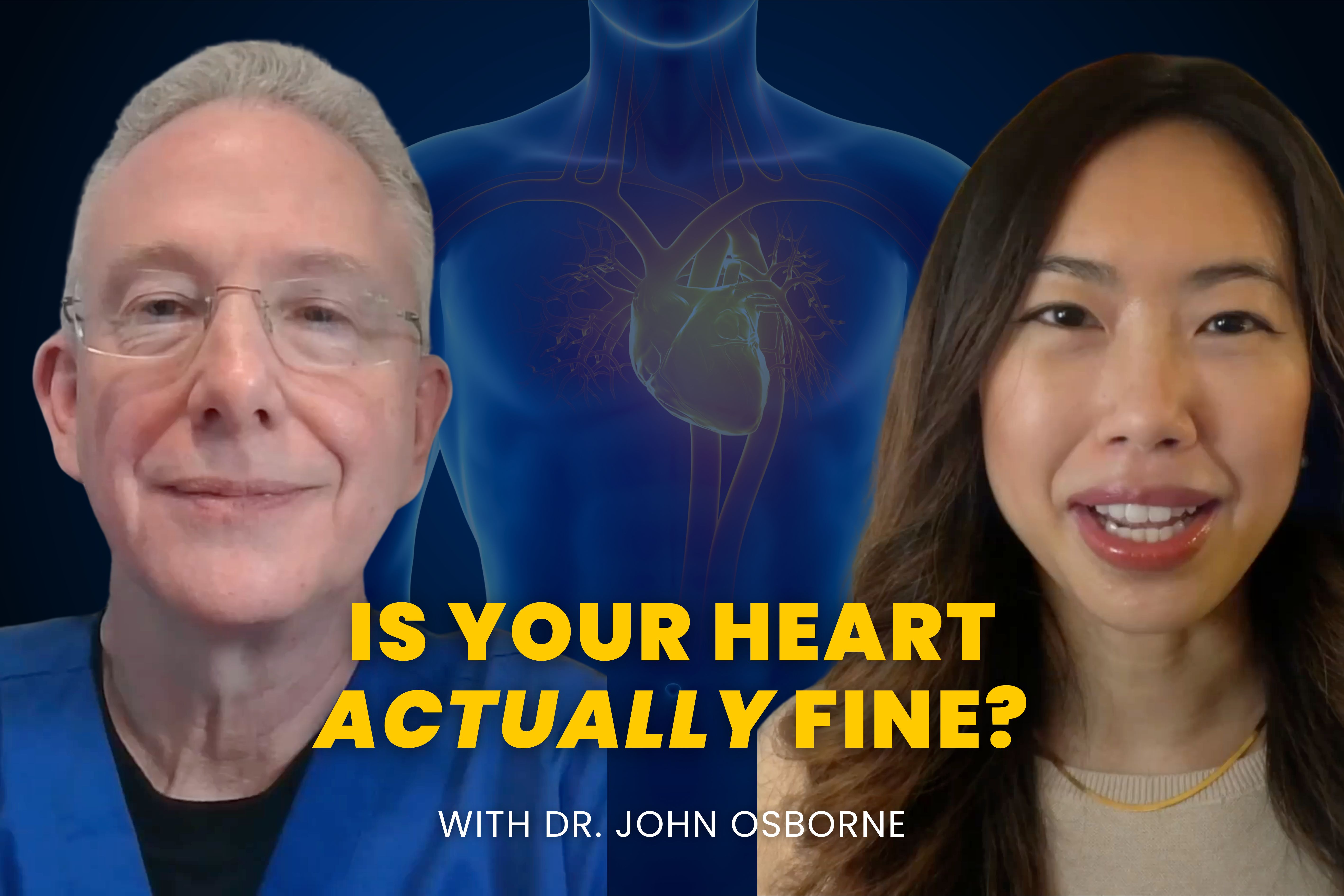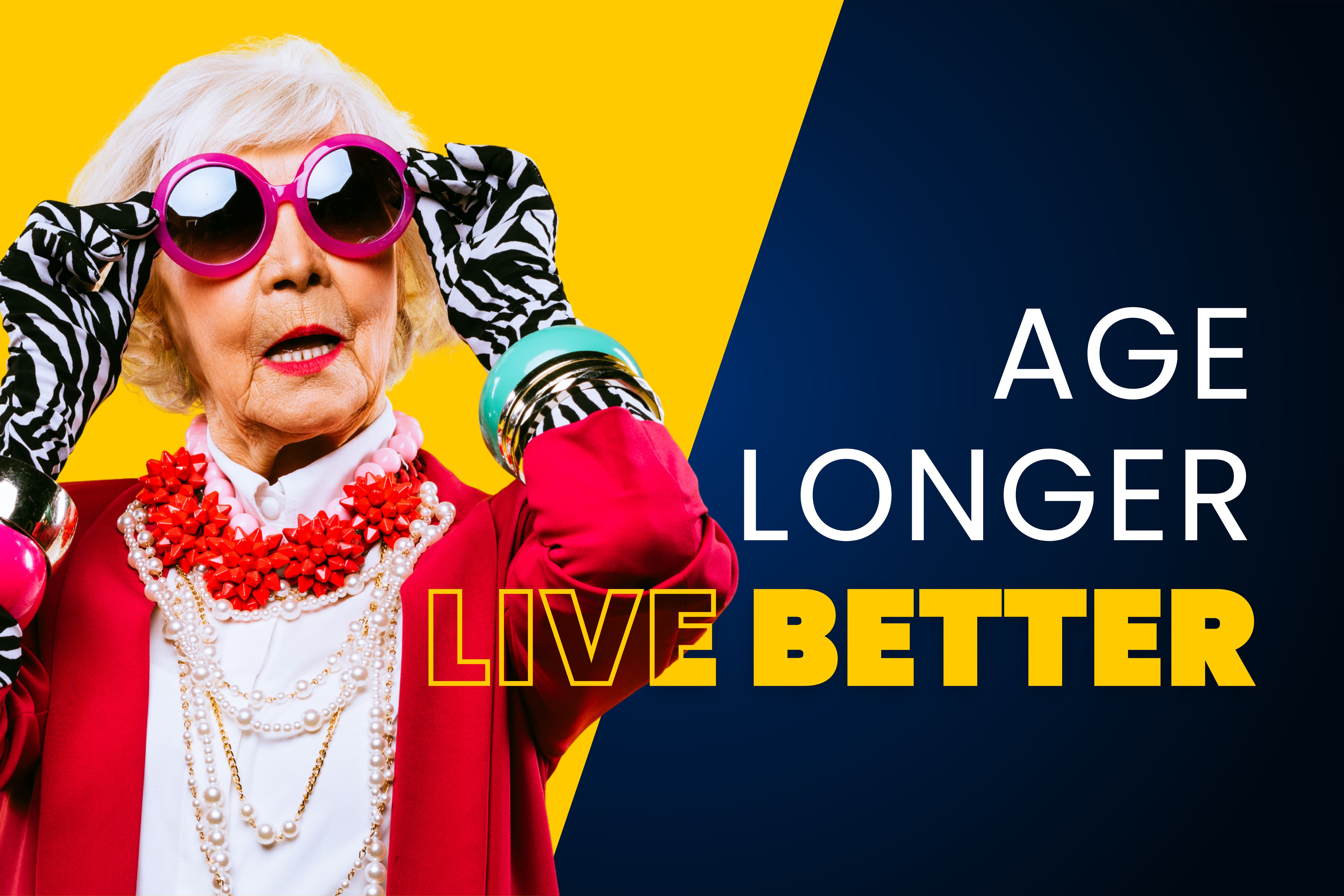I started a real health kick this year due to a wake-up call in the form of my dad having a heart attack and my own cholesterol blood tests coming back alarmingly high. I stopped drinking alcohol, started exercising daily (unheard of for me), and adopted a more whole-food, protein, and micronutrient-focused diet.
Surprisingly, even with a massively unhealthy holiday season in the middle of that time, these simple lifestyle changes lowered my biological age by 1.3 years in 3 months (!!!). Although my LDL-cholesterol level was still high (I hadn't started some necessary medications by the time of my recheck), it was down 31 mg/dL already, and my insulin (an earlier sign of metabolic disease than blood glucose or HbA1C) was down 10%.

A big one, though, is how valuable a single metric like biological age can be in summarizing your overall health. I've long felt my patients' frustration with uninterpretable lab results and the lack of a simple metric to track. But now we have a solution!
In This Post
- What is biological age?
- How do you measure biological age?
- What changes biological age?
- Can you reverse biological age?
What is biological age and how is it different from, well, “age?”
We all think about life through the lens of age. Until now, there was simply no other way to track life’s phases. When you turn five, you start school. When you turn 18, you’re an adult. When you reach 30, your family pressures you to settle down. When you’re 40, everyone starts looking to you for “wisdom”; gray hairs and wrinkles are the norm.
This type of expectation may continue forever from a cultural perspective. However, we now have to tools to detach chronological age (the amount of time you’ve been alive) from your body’s biological, cellular, mitochondrial, or epigenetic age.
Imagine being 100 years old and having the body of a chronological 30-year-old. We live in an era that will see this reality (it’s not sci-fi!).

Biological age measures how old a person’s body really is and provides insight into their health, risk of disease, and overall function.
Some quick hits:
- Biological age is determined by measure biomarkers such as telomere length, inflammation levels, and epigenetic changes.
- People with a higher biological age than their chronological age are considered to be aging faster, while those with a lower biological age are thought to be aging more slowly.
- Lifestyle factors like diet, exercise, stress management, and sleep can influence biological age.
- Certain diseases and conditions, such as obesity, diabetes, and chronic stress, can accelerate biological aging.
- Research is ongoing to develop more accurate and comprehensive methods to
“What gets measured gets managed”
A powerful fact is that we can manage our biological age. Like a car’s motion, it constantly changes, increasing with stress and disease and decreasing with recovery and health. We can even reverse our biological age. The first step to any management, however, is to measure it accurately.
There are six major ways to determine biological age. I know that wasn’t what you were looking for — you wanted a clear answer 😂. But the field is evolving so there isn’t a single agreed-upon method.
That said, the epigenetic clock is currently considered to be the leading method due to many studies showing that it can more accurately predict health events like all-cause mortality than chronological age.
What is the epigenome?
You probably know that everyone has DNA, which is the genetic code that determines so much of how we look, feel, and function as a human being. What you might not know is that you have the same exact DNA in every cell of your body (with few exceptions like red blood cells and some hair, skin, and nail cells).
So if DNA is the instruction pamphlet, and every cell has the same set of instructions, how does a cell in your eye know to turn into an eyeball, not a bone?
The epigenome, a layer of “tags” over the genome (your DNA), determines what parts of the DNA turn on and off in a cell. This is also called DNA methylation or histone modification. DNA methylation involves adding a methyl group to the DNA, often leading to gene silencing. Histone modification involves changes to the proteins called histones around which DNA winds, affecting how tightly or loosely DNA is packaged (influencing whether it’s expressed).

Fun fact — you not only inherit genes from your parents, but also some aspects of the epigenome. This explains some intergenerational trauma of the biological kind. A tragic example of this is the Dutch Hunger Winter, where babies of mothers starving during early pregnancy grew up to have higher rates of obesity compared to those exposed later in pregnancy.
How do I calculate my biological age?
This is what you’ve been waiting for! I’ll write a post soon getting into the various options, but wanted to include the most easily accessible and commonly used calculator here.
PhenoAge
This is the most easily accessible method because PhenoAge was developed using 9 biomarkers that we routinely get results for “annual” blood tests. While new as of 2018, it has already been shown in many studies to be a better predictor of biological causes of death (even in hospital patients!).
If you’re getting an “annual lab test” done, as ordered by your doctor, you can easily get the results you need to plug into this calculator. The panels included are:
- CBC (includes details about your blood cells)
- CMP (includes details about various internal organs like your kidneys and liver)
- CRP (a screening test for inflammation)
The 10 items you need will come from those three panels or tests. You’ll input it into this spreadsheet (I know it’s clunky — I’m making a web app to make this easier soon!).

If you need help, just send me questions about biological age!
Can I slow my biological aging?
The short answer is absolutely yes. You can slow and even reverse your aging, as I have, with interventions as simple as improving your sleep or as high-tech as biohacking with pharmaceuticals.
Some of the more extreme examples are that of the tech entrepreneur Bryan Johnson, who famously claims he has a biological age of 18 despite being in his 40s. Still, there are ways to reverse biological aging without completely turning your life upside down (Bryan stops eating by 11 AM every morning!).
More on ways we can do this through lifestyle, supplements, exercise, procedures, and pharmaceutical interventions in future posts. Stay tuned!
Cheers to your health,
Hillary Lin, MD

.jpg)










